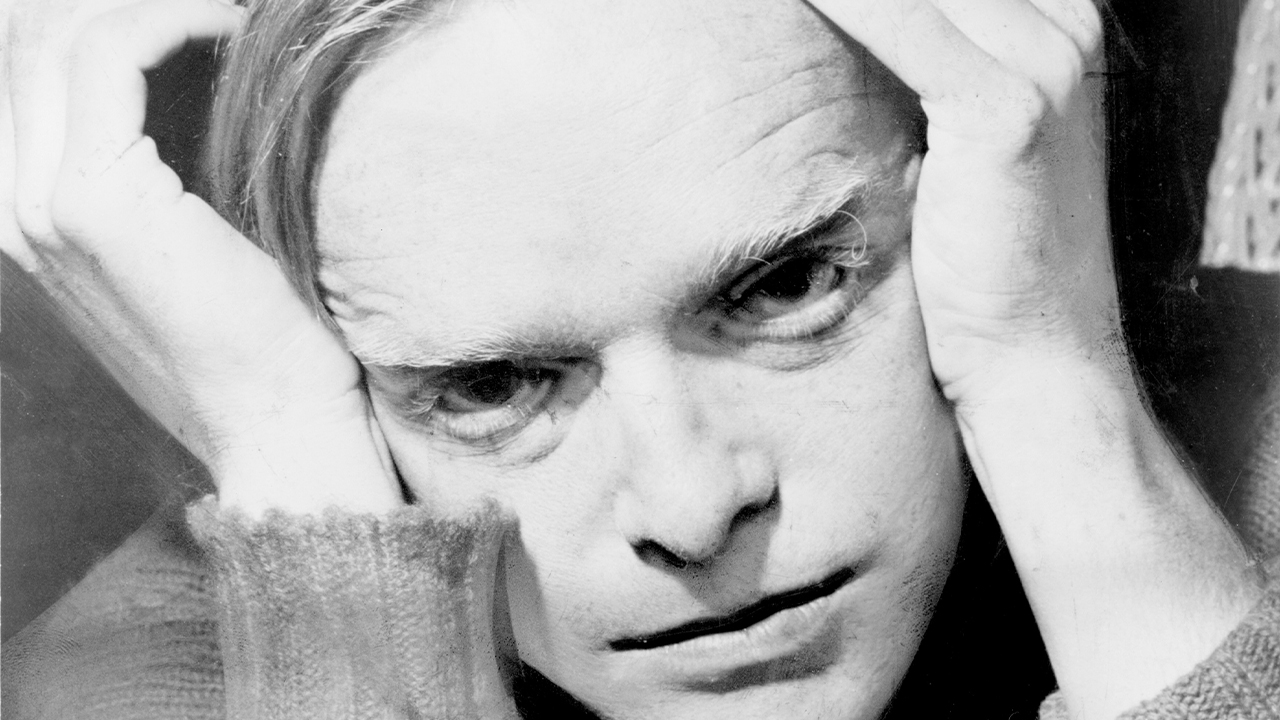Of Age
Most life is short. All death is natural. So start adulthood now.
May 17, 2016

I cannot allow of our way of establishing the duration of life. I see that the wise shorten it very much in comparison of the common opinion. “What,” said the younger Cato to those who would prevent him from killing himself, “am I now of an age to be reproached that I go out of the world too soon?”1 And yet he was but forty-eight years old. He thought that to be a mature and really an advanced age, considering how few arrive to it; and they who, soothing their thoughts with I know not what course, which they call natural, promise themselves some years beyond it, could they be privileged from the fatal accidents to which every one is by nature exposed, might have some reason so to do. What an idle conceit it is to expect to die of a mere decay of strength attending extreme old age, and to propose to ourselves no shorter lease of life than that, considering it as a kind of death of all others the most rare and uncommon. We call this only a natural death, as if it were contrary to nature to see a man break his neck with a fall, be drowned in shipwreck at sea, or snatched away with a pleurisy, or the plague, and as if our ordinary condition of life did not expose us to all these inconveniences. Let us no more flatter ourselves with these fine words; we ought rather, at a venture, to call that natural which is general, common, and universal. To die of old age is a death rare, extraordinary, and singular, and therefore by so much the less natural than the other deaths. It is the last and extremest sort of dying; and the more remote from us it is the less to be hoped for. It is, indeed, the boundary of life beyond which we are not to pass, and which the law of nature has pitched for a limit not to be exceeded. But it is withal a privilege she is rarely seen to give us to last till then. It is a lease it only grants by particular favour, perhaps to one only in the space of two or three ages; discharging him from all the crosses and difficulties she has strewed in the midway of this long career. And therefore my opinion is, that when once forty years old we should consider our time of life as an age to which very few arrive; for seeing that men do not usually last so long, it is a sign that we are pretty well advanced; and since we have exceeded the bounds which make the true measure of life, we ought not to expect to go much further. Having escaped so many pits of death whereinto we have seen so many other men to fall, we should acknowledge that so extraordinary a fortune as that which has hitherto kept us above ground beyond the ordinary term of life is not likely to continue long.
It is a false notion that our very laws are guilty of, which do not allow that a man is capable of managing his own estate till he be twenty-five years old, whereas he will have much ado to manage his life so long. Augustus cut off five years from the ancient Roman standard, and declared that thirty years was an age sufficient to be a judge. Servius Tullius excused gentlemen of above forty-seven years of age from the fatigues of war; Augustus dismissed them at forty-five. Though methinks it seems a little unreasonable that men should be sent home to their firesides till fifty-five or sixty years of age. I should be of opinion that our vocation and employment should be as far as possible extended for the public good; but I think it a fault, on the other hand, that we are not employed soon enough. This emperor was arbiter of the whole world at nineteen, and yet would have a man to be thirty before he could be fit to bear the lowest office. For my part, I believe our understandings are ripe at twenty, such as they ought to be, and ever will be capable of. A mind that did not by that time give evident earnest of its force never after gave proof of it. Natural parts and excellencies produce what they have of vigorous and fine by that term or never. They say in Dauphiny,
“Si l’espine rion picque quand nai,
A pene que picque jamai,”
[“If the thorn does not prick at its birth,
’twill hardly ever prick at all.”]
“If the thorn does not prick then, it will scarce ever prick.” Of all the great actions of man I ever heard or read of, what sort soever, I have observed, both in former ages and our own, more performed before the age of thirty than after; and often too in the lives of the very same men. May I not safely instance in those of Hannibal and his great adversary Scipio? The better half of their lives they lived upon the glory they had acquired in their youth; they were great men after, it is true, in comparison of others, but by no means in comparison of themselves. As to my own part, I do certainly believe that since that age both my understanding and my constitution have rather decayed than improved, and retired rather than advanced. It is possible that those who make the best use of their time, knowledge, and experience, may increase with their years; but the vivacity, quickness, and steadiness, and other parts of us, of much greater importance and much more essentially our own, languish and decay.
“Ubi jam validis quassatum est viribus aevi
Corpus, et obtusis ceciderunt viribus artus,
Claudicat ingenium, delirat linguaque, mensque.”
[“When once the body is shaken by the violence of time,
blood and vigour ebbing away, the judgment halts,
the tongue and the mind dote.”—Lucretius, iii. 452.]
“When the body is shaken by the blows of time, and the members have lost their vigour, the spirit grows weaker, the mind slumbers, and the tongue babbles.” Sometimes the body is the first to grow old, sometimes the soul, and I have seen enough whose brains have failed them, and had a weakness before their stomach and legs; and as it is a disease of no great pain to the patient, and of obscure symptoms, the greater the danger is. And for this reason it is that I complain of our laws, not that they keep us too long to our work, but that they set us at work too late. For the frailty of life considered, and to how many common and natural shocks it is exposed, methinks we should not spend so great a part of it in squabbles about birthright, in idleness and in education.


